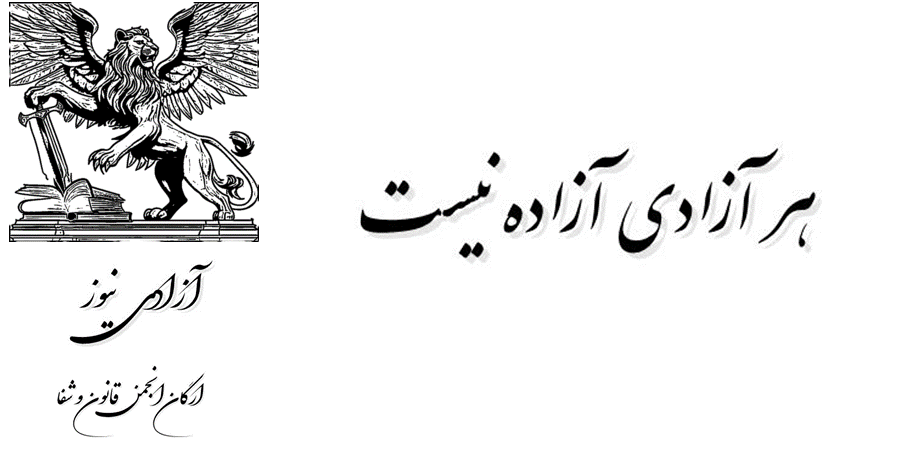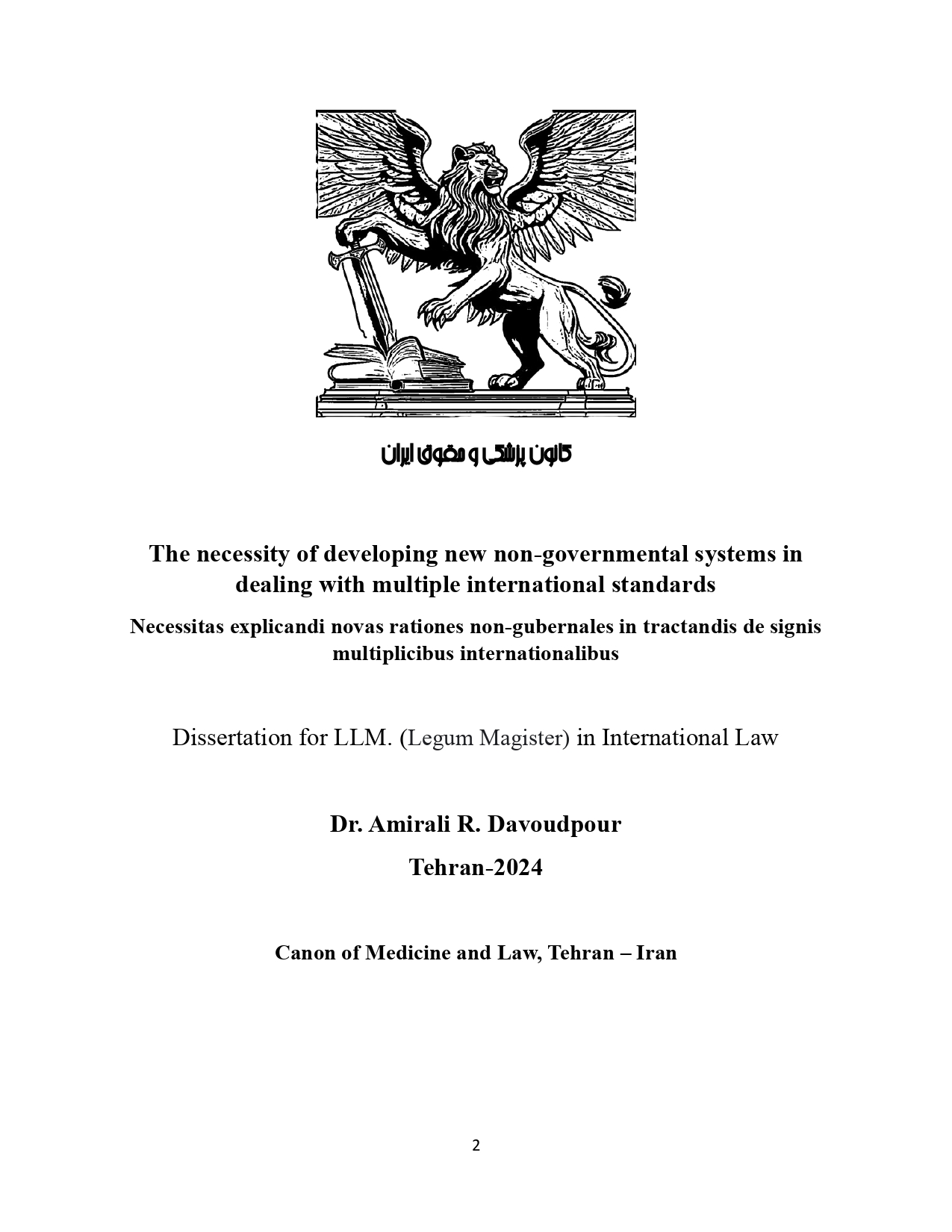Creators
Show affiliations
Description
Abstract
This article examines the principles of Platonic governance as articulated in The Republic (or Politeia), specifically the notion of the philosopher-king, and juxtaposes these ideals with the contemporary political systems of Iran and the United States. While Islamic Jurisprudence conveys the principal message of transcendental guidance by the messenger of God, American focus on the authenticity of the two-party governance necessitates a thorough investigation regarding the authenticity of both systems to find common grounds, weaknesses, and strengths. Plato’s framework emphasizes governance by philosopher-leaders committed to justice and truth, supported by a class-stratified society. While inspiring, these ideals also invite criticism, particularly when compared to modern democracies. The article evaluates the philosophical and practical implications of Platonic ideals, considering their resonance and divergence in theocratic and democratic contexts. While this article without any doubt remains open for revisions, the precedence in the election of Donald Trump and his legal background as well as electoral engineering by monetary prizes to provoke voters remains a center of the debate about the authenticity of the U.S presidential election in 2024
References:
Davoudpour, A. R. (2024). Elaboration and Critique of Principals of Platonic Republic and Governance in Contemporary Iran and the United States: Iran a Philosophical Samsara. Journal of Iranian International Legal Studies, 6(1), A5. https://doi.org/10.5281/zenodo.14173219
Download link: https://www.researchgate.net/publication/385879474_Elaboration_and_Critique_of_Principals_of_Platonic_Republic_and_Governance_in_Contemporary_Iran_and_the_United_States_Iran_a_Philosophical_Samsara

